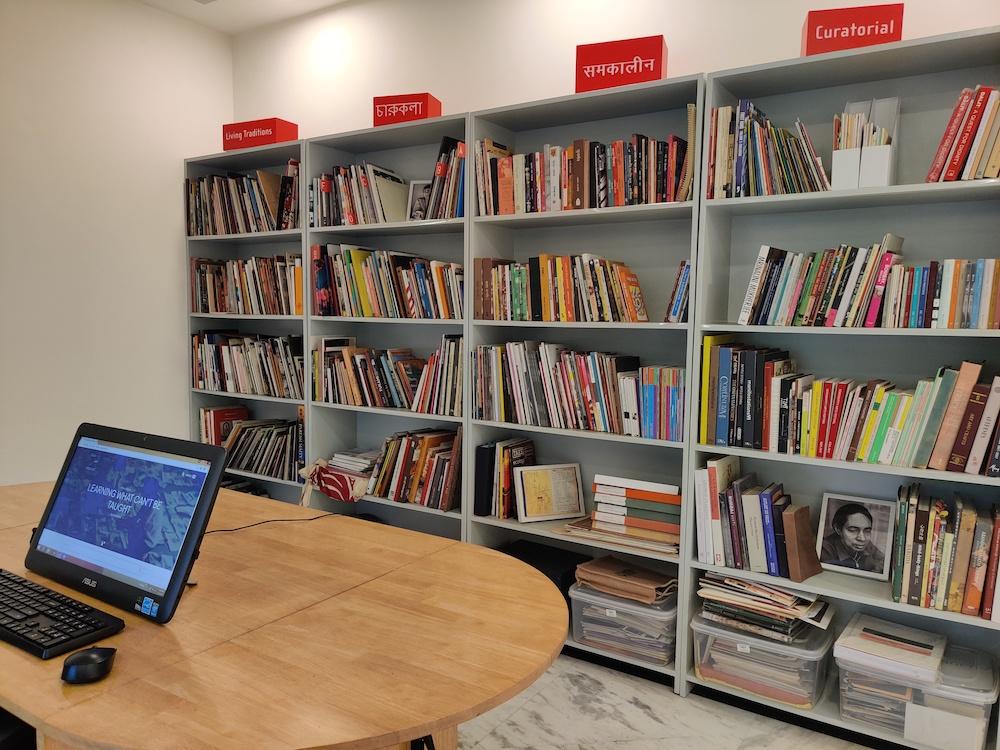Archiving as Practice: Sneha Ragavan on the Evolving Role of Archives
Recorded on 27 June 2021.
“Archives are no longer simple repositories of data, waiting for the right researcher to make meaning from the material,” says Sneha Ragavan, Senior Researcher and Projects Lead at Asia Art Archive in India. She references Sven Spieker’s “Manifesto for a Slow Archive,” in which he writes: “The archive does not equal knowledge understood as a destination. Rather, it is the name we give to a practice that takes as its departure point the combination, concatenation, reformatting, or rescaling of information that is archival to the extent that everything is.” The idea that documents of the past can channel important conversations in the present has shaped Asia Art Archive (AAA), a relatively young archive established in Hong Kong in 2000.
On this week’s episode of ASAP Cast, we talk to Ragavan about AAA’s pedagogical role in the South Asian art world and its challenging of the notion of an archive as separate from the present, as a space which can exist only with the distance of history. With the digital age come new dimensions of archiving and understanding artists’ lives. Privacy, authenticity and access remain the most important questions, as well as whether archives have the infrastructure to handle such extensive digital material, considering most social media platforms, email and websites have built-in auto-archiving systems. This goes beyond individual artists; archives also have to consider how to document more ephemeral events and alternative arts spaces.

Reference library at AAA in India office in New Delhi. (Image courtesy of Asia Art Archive in India.)
Scholars outside Asia often have better access to material on the multiple recent histories of art in the region than researchers here do, says Ragavan, and AAA hopes to rectify this. Though the collections focus on the work of Asian artists—both resident and diasporic—the archive explores the histories Asia shares with other parts of the world through its programmes. This opens up a layered approach to examining art and as Ragavan says, “…to write histories of art that go beyond the analysis of the artwork itself, archives are crucial.”
(Featured Image: Materials from AAA's research collections. Image courtesy of Asia Art Archive in India.)
To read more about Asia Art Archive and its collections, please click here, here, here and here.
The ASAP Cast series is supported by the Alkazi Foundation for the Arts.




